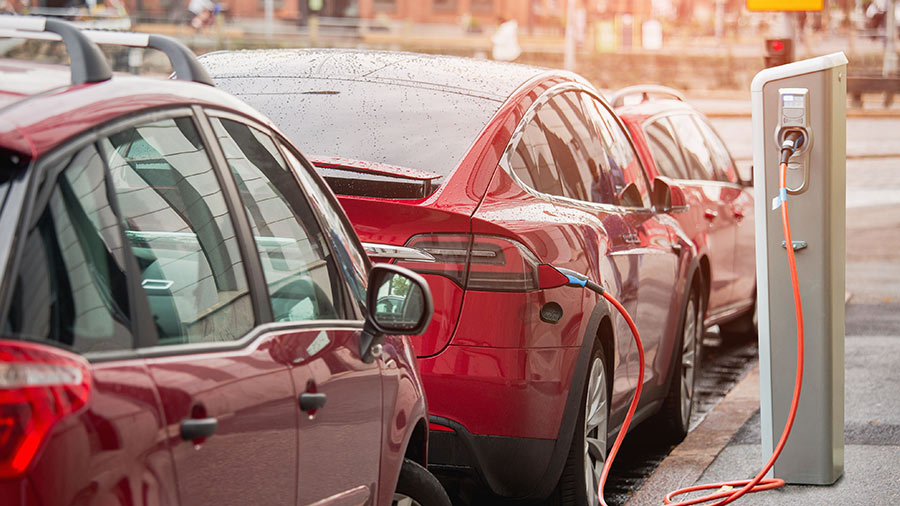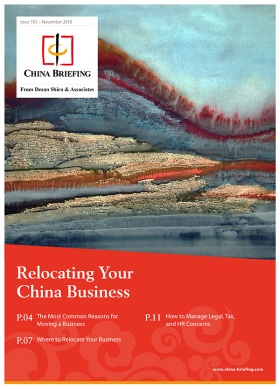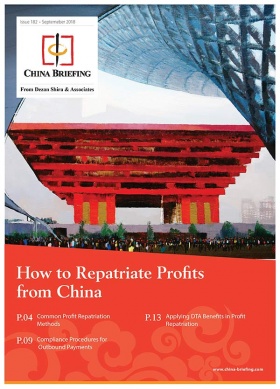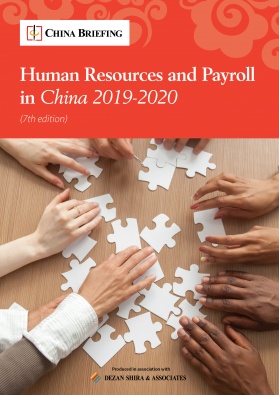China’s New Stimulus Plan Encourages Consumption of Smart Cars, 5G, Green Home Appliances

On June 6, China unveiled its two-year stimulus plan, Implementation Plan for Promoting Update and Upgrade of Key Consumer Goods and Facilitating Resource Recycling (2019-2020) to boost the purchase of auto vehicles, home appliances, and consumer electronic goods.
The National Development and Reform Commission, the Ministry of Ecology and Environment, and Ministry of Commerce jointly released the plan, which will promote the manufacture and consumption of high-tech green products, such as new energy vehicles and 5G mobile phones.
China’s economic growth is at a decade-low and at risk of slowing down even further due to the US-China trade war. Recently, the World Bank revised its forecasted economic growth for China from 6.2 percent to 6.1 percent in 2020.
The two-year stimulus plan aims to combat this slowdown, with a desired twofold effect: firstly, by stimulating consumption and secondly, by transitioning the economy onto a higher reliance on environmentally friendly consumer products.
Collectively, the plan seeks to eliminate traditional products and replace them with upgraded green consumer products. To achieve this, the plan offers financial incentives, more relaxed regulations, and added support for manufacturers and suppliers. Additionally, it actively encourages local governments to build the supporting infrastructure to facilitate upgraded consumer products.
Who benefits under the stimulus plan?
Automotive industry
The stimulus plan focuses on the electrification of the automotive industry. It offers an optimized subsidy structure for new energy vehicles (NEVs) and reduces the certification and operation costs for NEV manufacturers and suppliers.
More specifically, it limits the restrictions that local governments can impose on automobile purchases. Under the plan, the local government can introduce restrictions only if it is to tackle urban traffic congestion and implement pollution control measures; any restrictions can only be applied to congested areas of the city.
In addition, the plan encourages more innovation in improving the energy-saving and information communication components of NEVs.
Home appliances, other electronic consumer goods industry
The plan encourages the development of green smart home appliances and the promotion of their industry-wide use and application.
Specifically, the plan directs home appliance enterprises to strengthen their energy-saving and smart-application functionalities. Further, these enterprises must increase their cooperation with distribution and logistics companies for improved and more efficient installation and maintenance of underdeveloped regions.
The commercial application of 5G mobile phones is also actively promoted within the plan, with a heavy focus on establishing the 5G network infrastructure and the development and commercial use of new technology, such as artificial intelligence (AI), new displays, and virtual reality (VR).
Waste management systems and manufactures
Finally, the stimulus plan pushes for an improved recycling network system with a larger focus on producer responsibility.
The government will extend its support to qualified automobile, home appliance, and consumer electronics manufacturers to ensure more effective recycling and dismantling of their products and carry out the technological transformation required to facilitate the shift to cleaner, more environmentally friendly infrastructure.
The bigger picture
The 2019-2020 Consumption Upgrade Stimulus Plan targets key consumer products and infrastructure that align with the country’s 13th five-year plan and is designed to offset some of the negative effects of the escalating trade war, which now covers US$250 billion worth of Chinese goods.
Still, Liu Xuezhi, a senior researcher with the Bank of Communications in Shanghai, warns that cautious optimism is needed, explaining that “the new [government] measures will partly offset the decline in areas like automobiles, but a rapid rebound [in consumer spending] is unlikely.”
Foreign investors and manufacturers should closely monitor the consumer products segments highlighted under the stimulus plan and explore the market opportunities that will likely open up under the plan’s implementation.
About Us
China Briefing is produced by Dezan Shira & Associates. The firm assists foreign investors throughout Asia from offices across the world, including in Dalian, Beijing, Shanghai, Guangzhou, Shenzhen, and Hong Kong. Readers may write to china@dezshira.com for more support on doing business in China.
- Previous Article How China’s Education Modernization Policy Impacts Foreign Investors
- Next Article China’s Tax Concessions for Elderly Care, Childcare, and Domestic Services Industries








